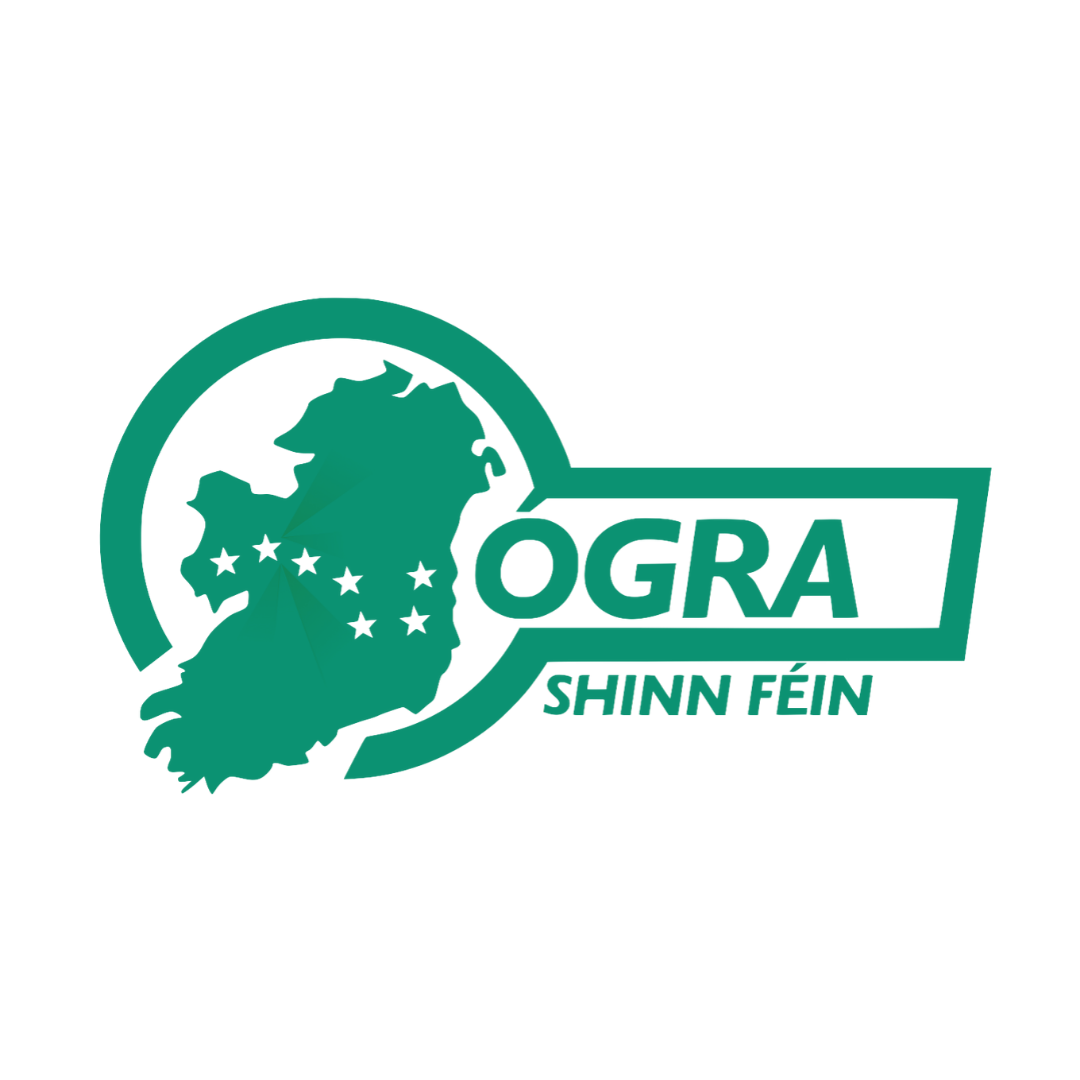The Border Poll Debate
The Good Friday Agreement includes an explicit provision for a border poll. In the dated wording of the agreement, the Secretary of State must call a border poll “if at any time it appears likely to him that a majority of those voting would express a wish that Northern Ireland should cease to be part of the United Kingdom and form part of a united Ireland.” While it isn’t mentioned in the Good Friday Agreement, a concurrent referendum in the South will be necessary in order to obtain public consent for constitutional change. Although this may seem straightforward, the details of how a border poll should be conducted are the subject of debate.
Normally, a referendum is won (or lost) on the basis of a simple majority; in other words, a majority of 50 percent plus one. However, some argue that a border poll should be different. Specifically, it is argued that the threshold for a pro-unity outcome should be higher. The reasons offered vary but a fundamental problem remains – it is profoundly undemocratic. By tinkering with the democratic spirit level of a border poll, the process is no longer fair or legitimate. For example, if a supermajority of at least 70 percent is required for a united Ireland, then the threshold for continued partition is only 30 percent. In this scenario, a majority (e.g. 60 percent) could vote for a united Ireland and yet be denied this outcome. It should be evident to everyone that this is not acceptable in a democratic society.
In a similar vein, it is sometimes argued that a united Ireland should require “parallel consent”, wherein a majority of both nationalists and unionists must vote for unity. Notwithstanding the practical issues with this proposition, it runs into the same problem as the previous argument. Why should “parallel consent” be necessary for a united Ireland but unnecessary for continued partition, which clearly does not enjoy cross-community support? A fundamental principle of democracy is that every single vote is equal, regardless of class, colour or creed. Under the parallel arrangement, a majority could vote for unity and still be denied this outcome if it does not receive sufficient support from unionists – a unionist veto in all but name.
These arguments should be called out for what they are: a last-ditch attempt to move the constitutional goal posts in light of the growing support for Irish unity across our island. It is unsurprising that these arguments enjoy support throughout political unionism, but they are also frequently parroted by anti-republican elements within non-unionist parties. For this reason, it is important that we, as republicans, challenge these anti-democratic proposals wherever they arise. There is no doubt that we should strive for the largest possible majority for a united Ireland, but the fact remains that a threshold of 50 percent plus one is the only fair, legitimate, and democratic basis upon which to conduct a border poll.
Le Cormac Begley
